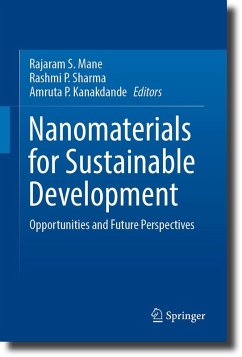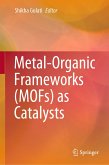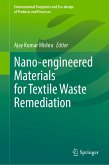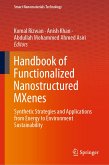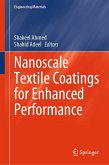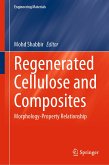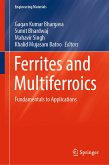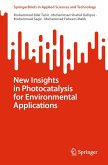This book highlights recent advances in variety of nanomaterials classes including metal chalcogenides, metal oxides/hydroxides, polymer, metal-organic frameworks, and hybrid nanostructures, with a focus on their properties, synthesis methods, and key applications. It also offers detailed coverage on the toxicity aspects with possible solution. Additionally, it provides complete and comprehensive information on surface modification strategies of nanoparticles to achieve desired outcomes. This book discusses potential applications and major challenges of using these nanomaterials in the fields of biomedical sciences, agricultural industry, bioenergy, biofuel production, and environmental remediation, etc. Overall, this book provides crucial background in nanobiotechnology that compliments the understanding of experimental design for the production of more customized nanomaterials to avail desirable benefits.
Dieser Download kann aus rechtlichen Gründen nur mit Rechnungsadresse in A, B, BG, CY, CZ, D, DK, EW, E, FIN, F, GR, HR, H, IRL, I, LT, L, LR, M, NL, PL, P, R, S, SLO, SK ausgeliefert werden.

